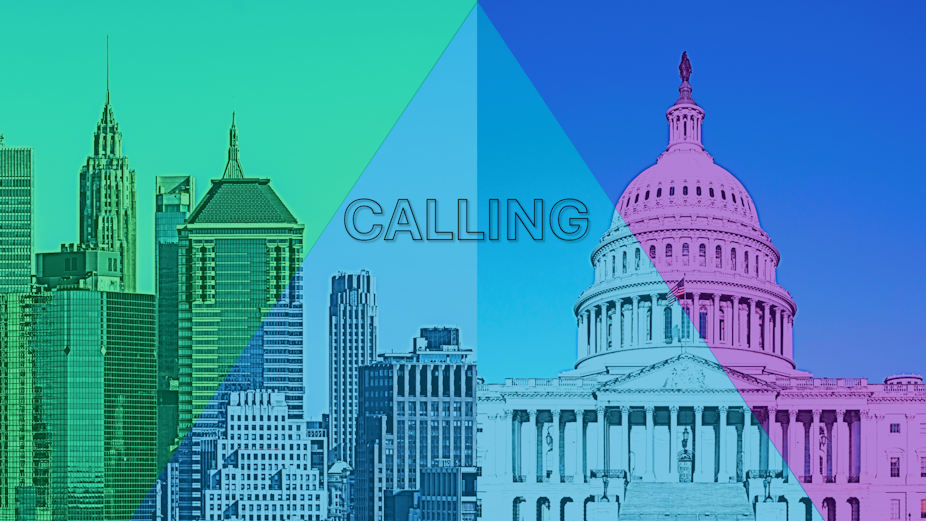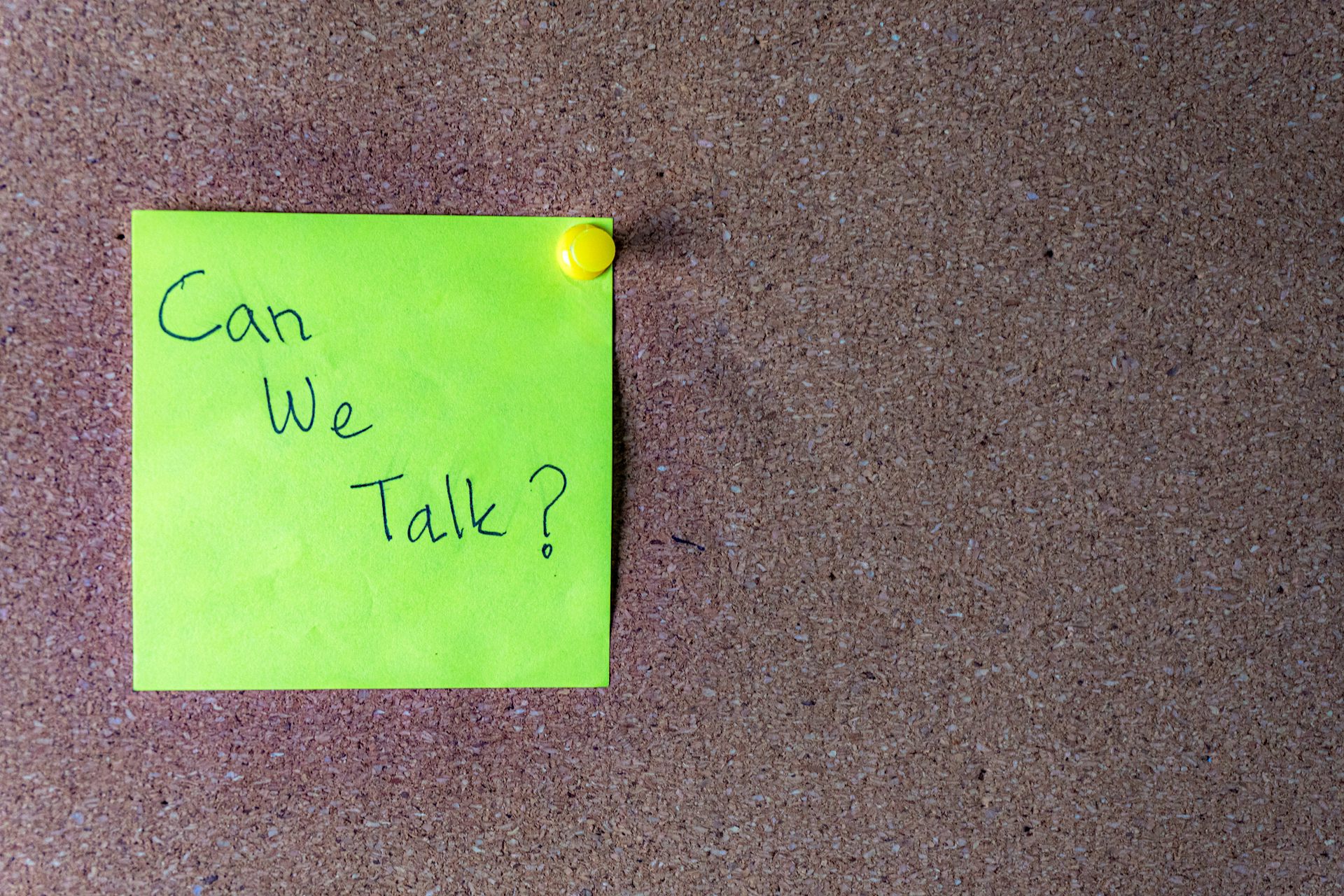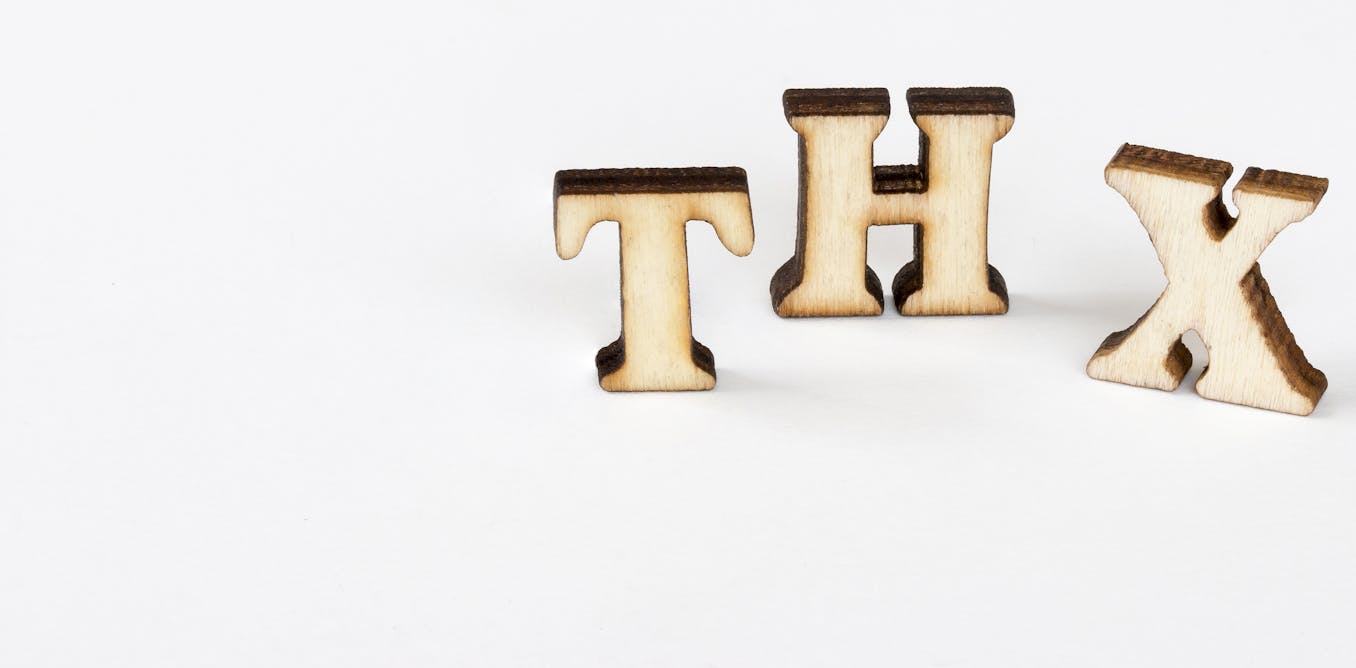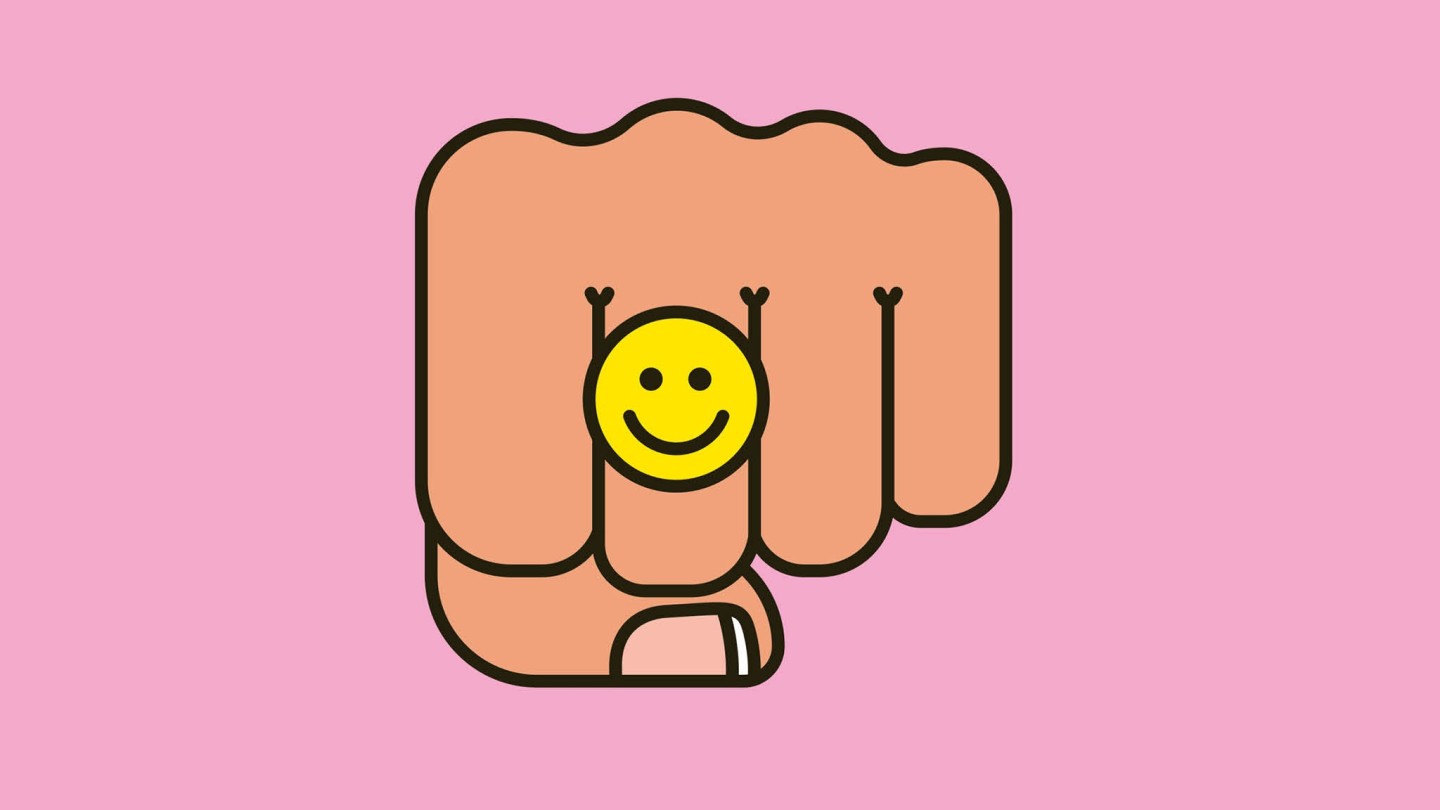Ask someone what a calling is, and they’ll probably say something like “doing work you love.” But as a management professor who has spent two decades researching the history and impact of calling, I’ve found it’s much more than personal fulfillment. The concept of calling has deep roots. In the 1500s, theologian Martin Luther asserted...
Perspectives
Plants Seek Friendly Environments Rather Than Adapt
As jewelflowers spread into California from the desert Southwest over the past couple of million years, they settled in places that felt like home, according to a new study from the University of California, Davis. The work, published July 1 in Proceedings of the National Academy of Sciences, shows that the ability of plants and animals...
The Myth of the 5 A.M. Club: Why Early Isn’t Always Best
There’s a persistent myth in our culture that success and downright virtue belong to the early risers—those “5 a.m. club” members who rise before the sun and conquer their to-do lists while the rest of us are still snoozing. Social media is flooded with images of pre-dawn productivity, and best-selling books tout the virtues of...
Why Resisting Social Pressure Is Harder Than You Think
Whether you have a rebellious personality or not, most people imagine they are better at overcoming pressure to violate their own principles than they really are, finds a new study. Researchers found that most individuals think they would be more likely than the average person to disobey an immoral or unlawful order from an authority...
Yale Launches Center for Civic Thought to Promote Thoughtful Discourse
Immediately after the Oct. 7, 2023 attacks on Israel, a group of 10 Yale students from a variety of backgrounds convened on campus to discuss the unthinkable. Brought together by the university’s Civic Thought Initiative (CTI), which encourages open dialogue on difficult issues in small, seminar-style settings, the group included Jewish students with diverging views...
AI Meets the Conditions for Having Free Will – We Need to Give It a Moral Compass
AI is advancing at such speed that speculative moral questions, once the province of science fiction, are suddenly real and pressing, says Finnish philosopher and psychology researcher Frank Martela Martela’s latest study finds that generative AI meets all three of the philosophical conditions of free will — the ability to have goal-directed agency, make genuine...
‘Agreeing to Disagree’ Is Hurting Your Relationships – Here’s What to Do Instead
As Americans become more polarized, even family dinners can feel fraught, surfacing differences that could spark out-and-out conflict. Tense conversations often end with a familiar refrain: “Let’s just drop it.” As a communications educator and trainer, I am frequently asked how to handle these conversations, especially when they involve social and political issues. One piece...
Why You Should Think Twice Before Using Shorthand Like ‘ thx’ and ‘k’ in Your Texts
My brother’s text messages can read like fragments of an ancient code: “hru,” “wyd,” “plz” – truncated, cryptic and never quite satisfying to receive. I’ll often find myself second-guessing whether “gr8” means actual excitement or whether it’s a perfunctory nod. This oddity has nagged at me for years, so I eventually embarked upon a series...
The ‘Courage to Be’ in Uncertain Times − How One 20th-Century Philosopher Defined Bravery
Over the past few weeks, as negotiations for a ceasefire in Ukraine drag on, I’ve thought back to Feb. 28, 2025: the day of Volodymyr Zelenskyy’s heated visit to the Oval Office. Zelenskyy has called the tone of the meeting “regrettable” as he tries to salvage support for Ukraine. But in some ways, he has...
Satire More Damaging to Reputations Than Direct Criticism
In our digital times as we are inundated with YouTube videos, memes and social media, satire is everywhere, but it can be more damaging to people’s reputations than direct criticism, according to research published by the American Psychological Association. Seemingly innocuous satire may be more harmful than direct criticism because it can dehumanize people and...










